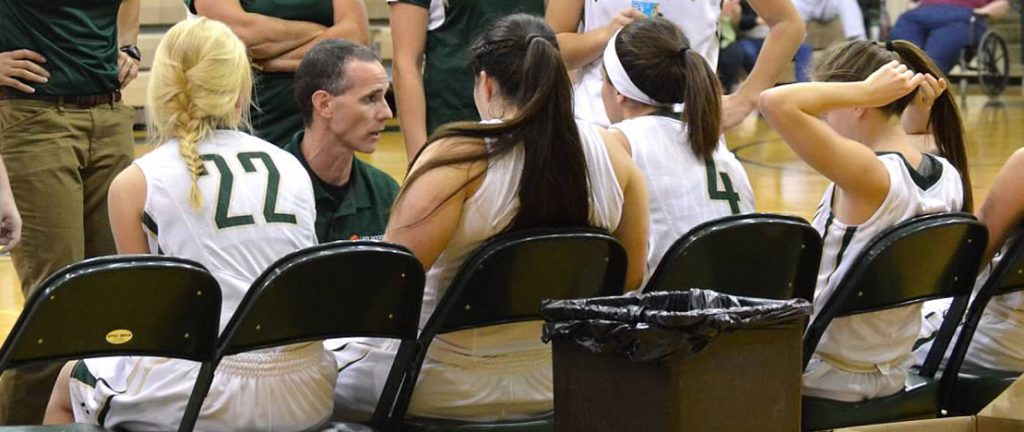Teach a Young Sports Coach
If you have been a coach in the industry for quite sometime, have you taken the time to show any interest in helping younger coaches?
This is something I have always tried to be involved with. A young sports coach has a window of opportunity to create a solid foundation and philosophy that will make them improve year after year. But, if they are only following in the footsteps of coaches before them that might have been flawed, then they will also be flawed. Now, if they had a great mentor as a coach then there is a good chance they will take on a wonderful philosophy.
Here is my challenge to you. Take time to share with a young sports coach the important elements that will allow them to improve their coaching each year.
Tips to Share with a Young Sports Coach:
- Practice Time Management – This is a problem most coaches have. If you set times for practice try to stick with it. I have made the mistake of going over the time and it only frustrates athletes and parents.
- Be on Time – The biggest cardinal sin of a coach is to be late or barely on time. You should be there before the athletes so you can prepare for practice, greet the kids, and get your mind ready for a great practice.
- Assess your Team – Assessing the strength and limitations of your team so a proper and productive practice can be prepared (wow that’s a lot of Ps!).
- Gather your Team – Always gather your team together at the beginning so clear and concise directions can be shared. This is a great time to allow for questions and get other organizational info out of the way.
- Value Skill Work – If you are not spending time everyday on improving skills you are hurting the future of your program. Even though we say off-season is the time to improve, in-season is your most focused time of the year. When you coach young kids it is all about skills. Game planning doesn’t mean a lot if you can’t demonstrate proper skills.
- Keep the Athlete Active – During practice, when I coached basketball, I tried to have a ball in every player’s hands as much as possible. Try to keep lines small or if you must have single lines keep them moving fast.
- Minimize the Drama – Always address team issues or distractions immediately. If the team is being pulled apart by a few players you must address it the best you can.
- Set Clear Expectations – You need to communicate clearly what your expectations are for practice and the season; and encourage the players to do the same.
- Pay Attention – Do a lot of listening and watching so you can learn your team’s chemistry.
- Have Fun – Your athletes will respond for you if they are having fun.
- Always let them know you care about them and are totally invested in them and their improvement as a player and a person.
There are many other elements that are important to coaching athletes, but if you can get young coaches to focus on these eleven items then they will have a great headstart.
An important foundation for all coaches to create is to teach athletic movement. Coaching athletes how to move correctly. One of the best resources for this is GroundBreaking2. It will give you the confidence to know how to evaluate your athletes’ speed and quickness plus develop a sound program.

